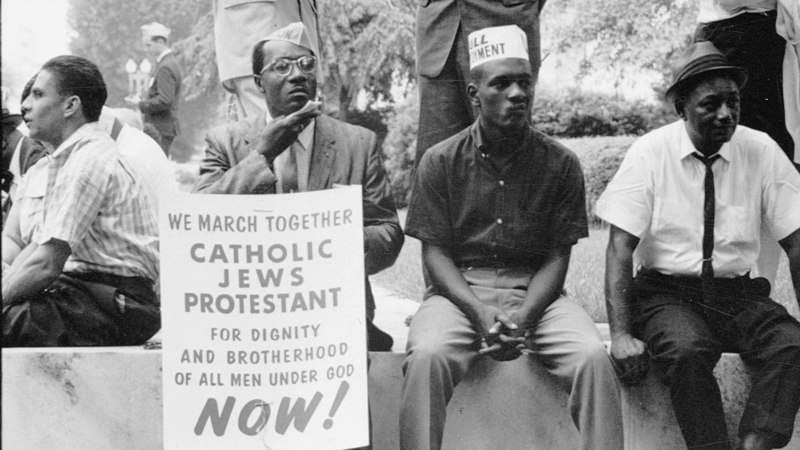John Langford is a counsel who focuses primarily on issues related to the First Amendment, newsgathering, free expression, and disinformation at Protect Democracy.
Defamation and Democracy: The Democracy Case for Preserving the “Actual Malice” Standard
- March 30, 2023
Our democratic system depends on a robust exchange of ideas, including a free and independent press, which enables citizens to form opinions and to hold our leaders accountable. The “actual malice” standard, recognized in its current formulation 59 years ago with the Supreme Court’s ruling in New York Times Company v. Sullivan but rooted in a much older American speech tradition, is a core protection for this kind of debate.
The “actual malice” standard is anchored in first principles of American democratic governance. It provides that, when speaking about powerful individuals and matters of public concern, only those who knowingly or recklessly lie need to fear liability. What would happen to public debate if it were pared back or eliminated?
In service of our mission to prevent our country’s further decline into authoritarianism and to help build a more inclusive and robust democracy, we assembled Defamation and Democracy: The Democracy Case for Preserving the “Actual Malice” Standard to present a brief history that led to the standard’s creation, its ongoing and critical value to our democracy, and the threat its demise would pose to free speech.
This issue has taken on new urgency as former President Donald Trump, Florida Gov. Ron DeSantis, and Justices Clarence Thomas and Neil Gorsuch have all floated the idea of revising the actual malice standard. Changes would benefit the most powerful figures in our society while increasing the threat of costly litigation for those who criticize them.
As the paper concludes:
While some questions about precisely when and to whom the “actual malice” standard should apply merit serious debate, broadly speaking, the “actual malice” standard strikes the correct balance. For hundreds of years, some version of this uniquely American free speech protection has guarded against the chilling of legitimate and necessary speech, while still allowing individuals to protect their reputations against knowing and reckless lies. Cutting this mooring line would be a victory for the forces of authoritarianism.
Related Content
It can happen here.
We can stop it.
Defeating authoritarianism is going to take all of us. Everyone and every institution has a role to play. Together, we can protect democracy.
Donate
Sign Up for Updates Sign Up for Updates
Explore Careers Explore Careers
How to Protect Democracy How to Protect Democracy




